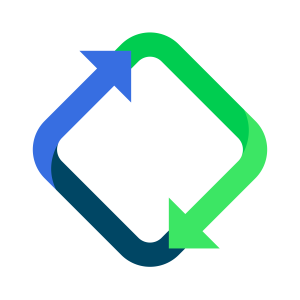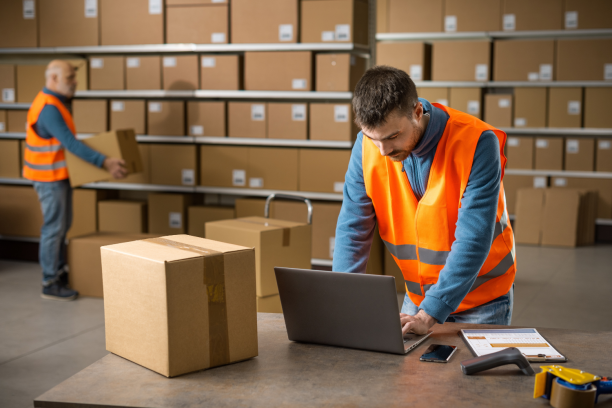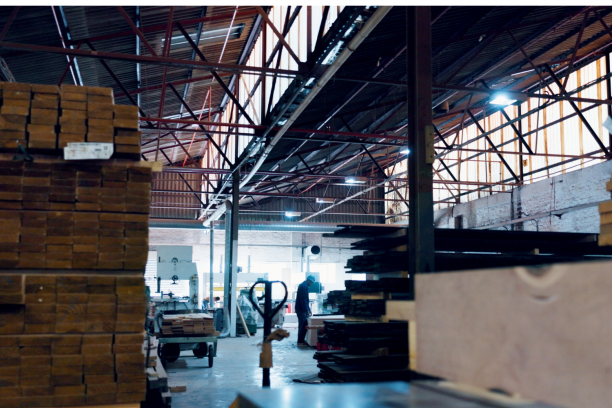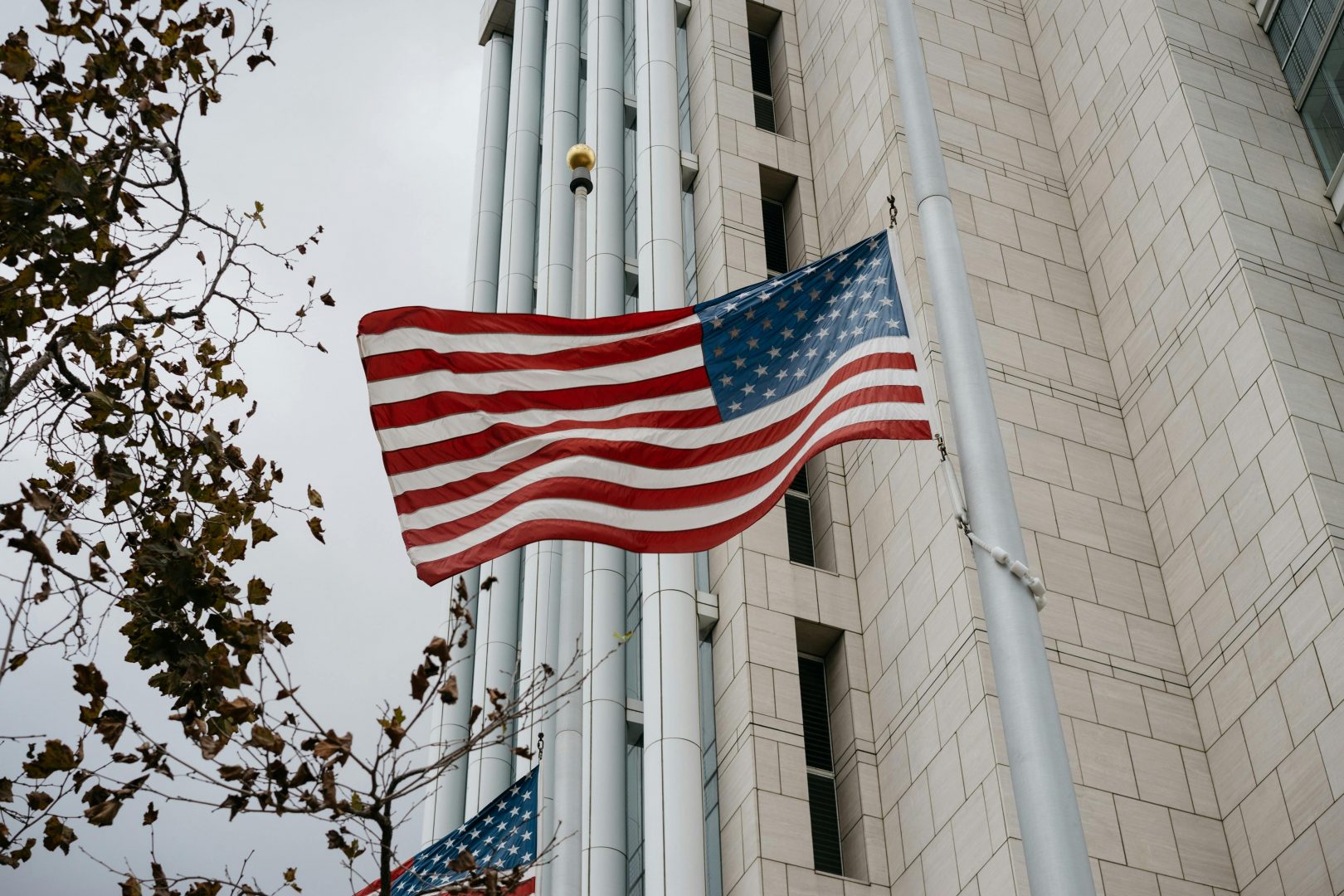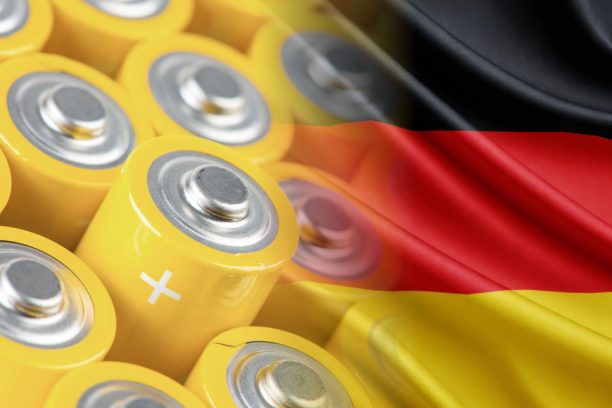Textile EPR Requirements in the Netherlands
The textile industry continues to play a central role in daily life but also faces significant global environmental changes. In the Netherlands, over 50% of textiles still end up in household waste bins. With production and sales on the rise, managing this impact remains a priority for businesses seeking to meet Netherlands Textiles Compliance requirements and contribute to a more circular economy.
To support a more sustainable future, the Netherlands has implemented the Textiles Decree requiring businesses to meet specific reuse and recycling targets under the Extended Producer Responsibility (EPR) regulations. These measures are a vital step toward building a circular textile economy and aligning with the country’s sustainability vision for 2050. Beyond compliance, they offer companies an opportunity to innovate, reduce waste, and strengthen their environmental credentials.
Netherlands Textiles Progress in 2025
As 2025 ends, it’s a good time to see how the textile industry is doing on sustainability. This year, half of all textiles by weight should be reused or recycled. Of that, about 20% should be reused—10% of it within the Netherlands and a quarter should come from recycled fibre. These targets increase gradually over time.
Working toward them has prompted companies to rethink how they make and handle textiles, try out new circular solutions, and cooperate more across the supply chain. Businesses that do this are not just helping the environment; they’re also staying competitive in a market that cares about sustainability.
Who Must Comply with the Netherlands Textiles EPR Regulations?
The Netherlands’ Textiles EPR regulations apply to any organization that first brings household textiles or clothing to the Dutch market, whether as a manufacturer, brand, or importer. This includes businesses operating within the Netherlands as well as those based abroad. The regulations cover a broad range of textile products, reflecting the country’s commitment to promoting reuse, recycling, and circularity in the textile sector. Detailed compliance requirements are typically determined through RLG’s in-depth EPR assessments tailored to each organization’s specific activities.
Navigating Netherlands Textiles Compliance
Textile producers in the Netherlands play a central role in creating a circular textile economy. This requires textiles to be collected and processed separately, with items returned free of charge at collection points nationwide. Businesses can comply individually or through a compliance scheme, which provides financial and organizational support and simplifies reporting and collection processes.
Annual reporting remains essential for tracking compliance progress. Initial reports from 2023 and 2024 focused on product types and quantities, forming the foundation for continued improvement. By following these steps, companies contribute to a more resilient and circular textile sector while benefiting from a structured compliance framework.
How RLG Can Support Your Netherlands Textiles Compliance Journey
Managing Extended Producer Responsibility obligations in the Netherlands can feel complicated, but RLG makes it straightforward. Our Textiles EPR services are designed to help businesses meet regulatory requirements while also enhancing sustainability performance.
- Horizon Scanning: Keeping up with changing regulations is challenging. Our team monitors developments in Netherlands Textiles EPR legislation and provides insights you can act on immediately. This proactive approach helps reduce risk and keeps your business ahead of compliance deadlines.
- Data Management: Compliance reporting often involves complex datasets from multiple sources. We simplify this process, turning data into clear, actionable information. This not only ensures accurate adherence to Netherlands Textiles Compliance standards but also improves operational efficiency.
- Environmental Compliance: Whether you require full-service guidance or targeted assistance, RLG’s global Producer Responsibility Organisation helps streamline every step of compliance. From meeting reuse and recycling targets to reporting obligations, we make it easier for businesses to achieve their environmental goals.
As 2025 comes to a close, many companies are reviewing of how far they’ve come in building a circular textile economy. Textiles are now part of the EU Waste Framework Directive, which means similar rules on producer responsibility will start appearing across Europe. For businesses in the Netherlands, following the Textiles EPR rules is becoming a normal part of operations, from reporting to adopting more sustainable practices. Working with experts like RLG can make this process smoother, helping companies stay on track while planning for upcoming changes in Europe’s textiles regulations.

